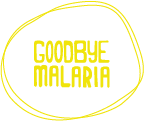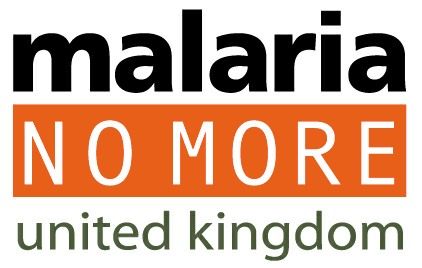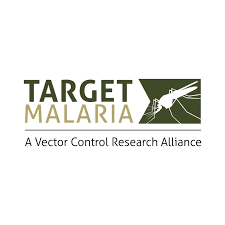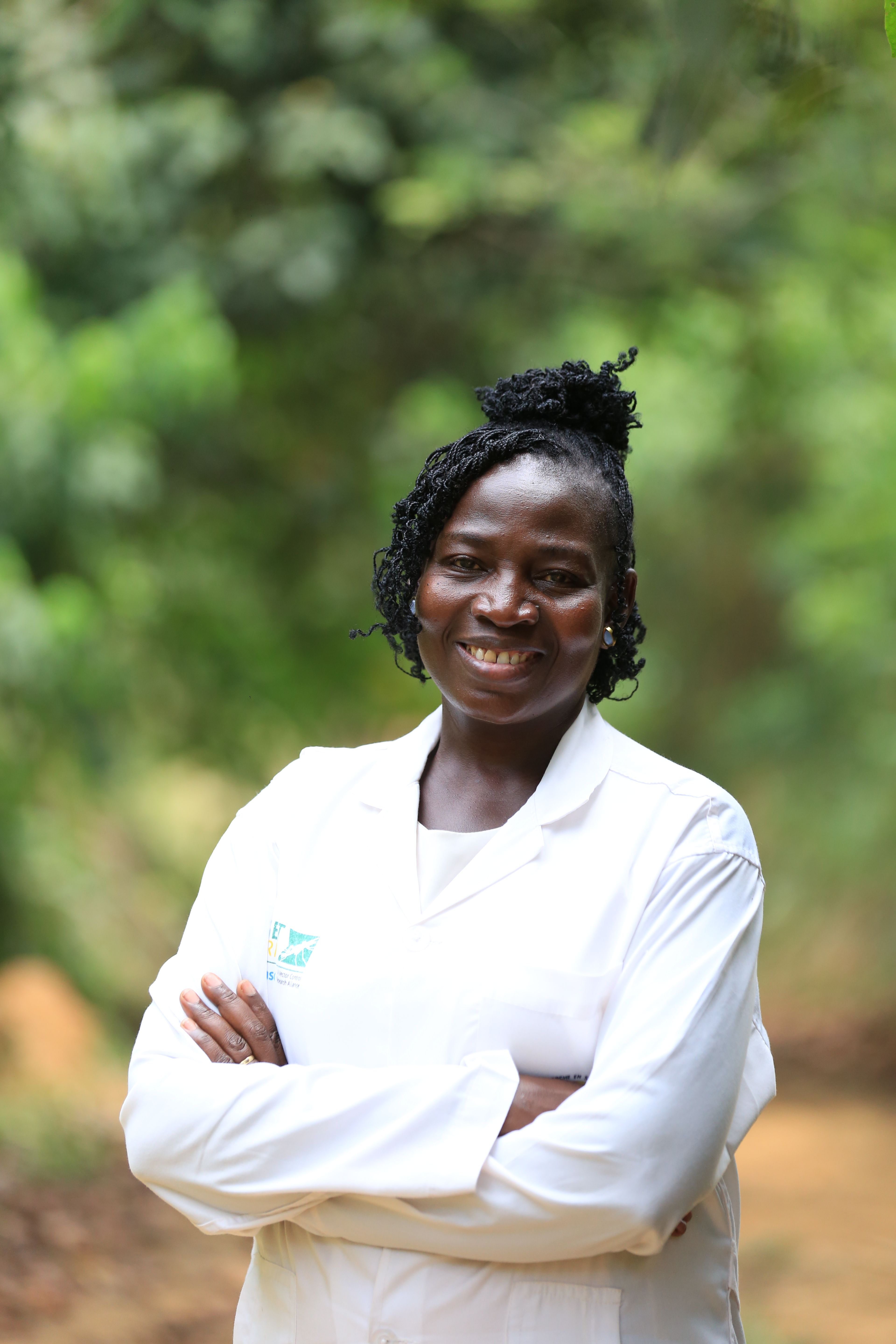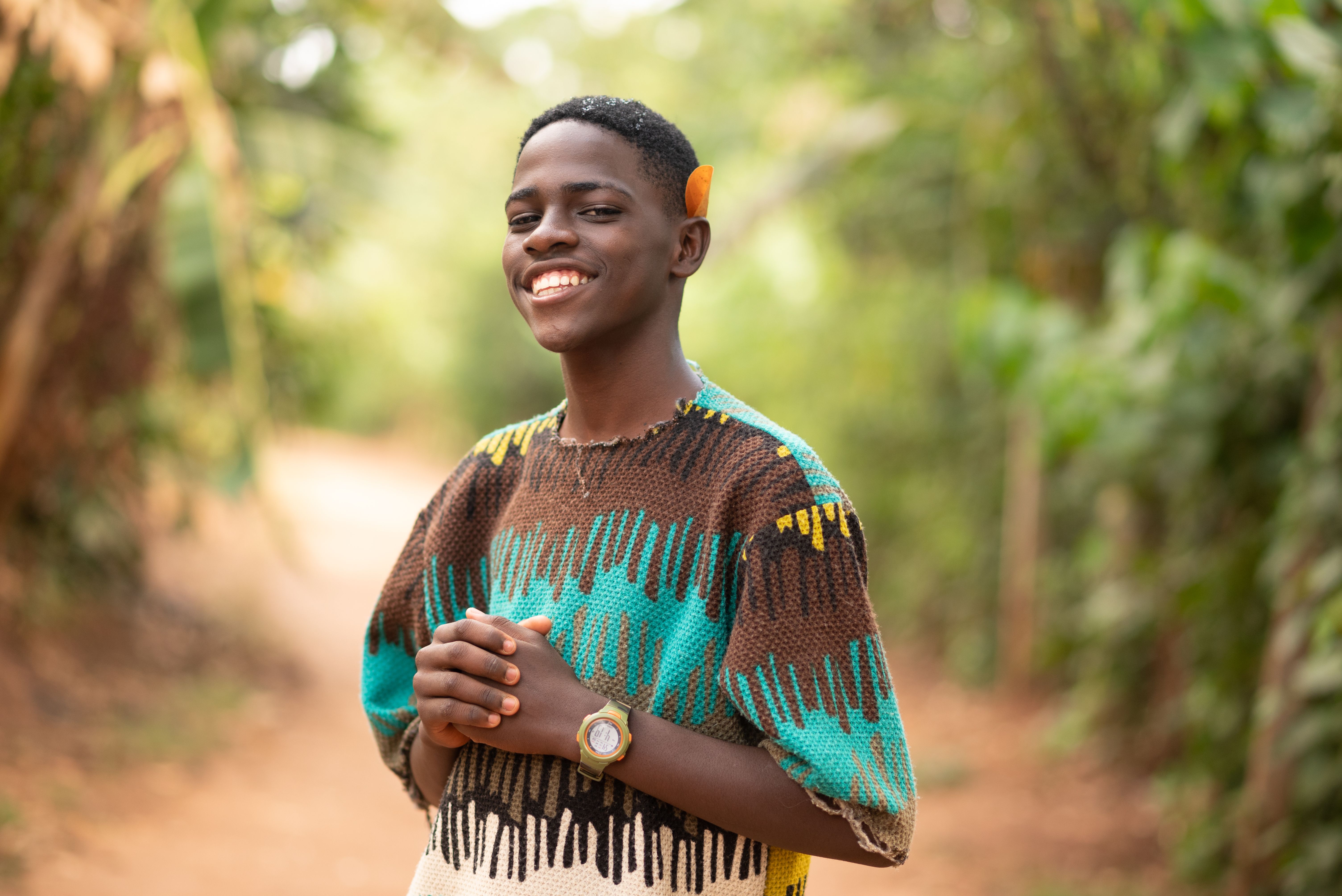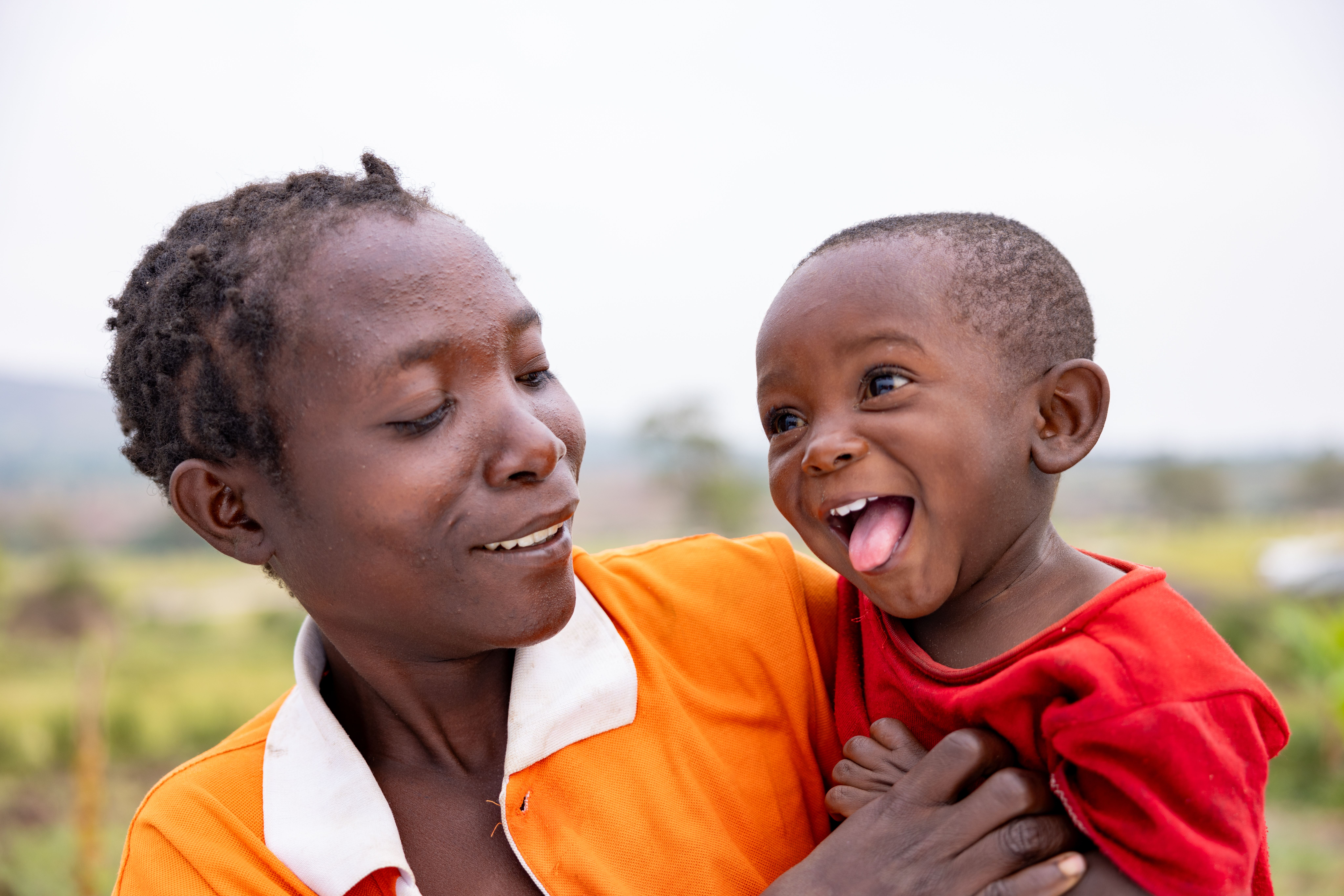
Silvine's story
Uganda
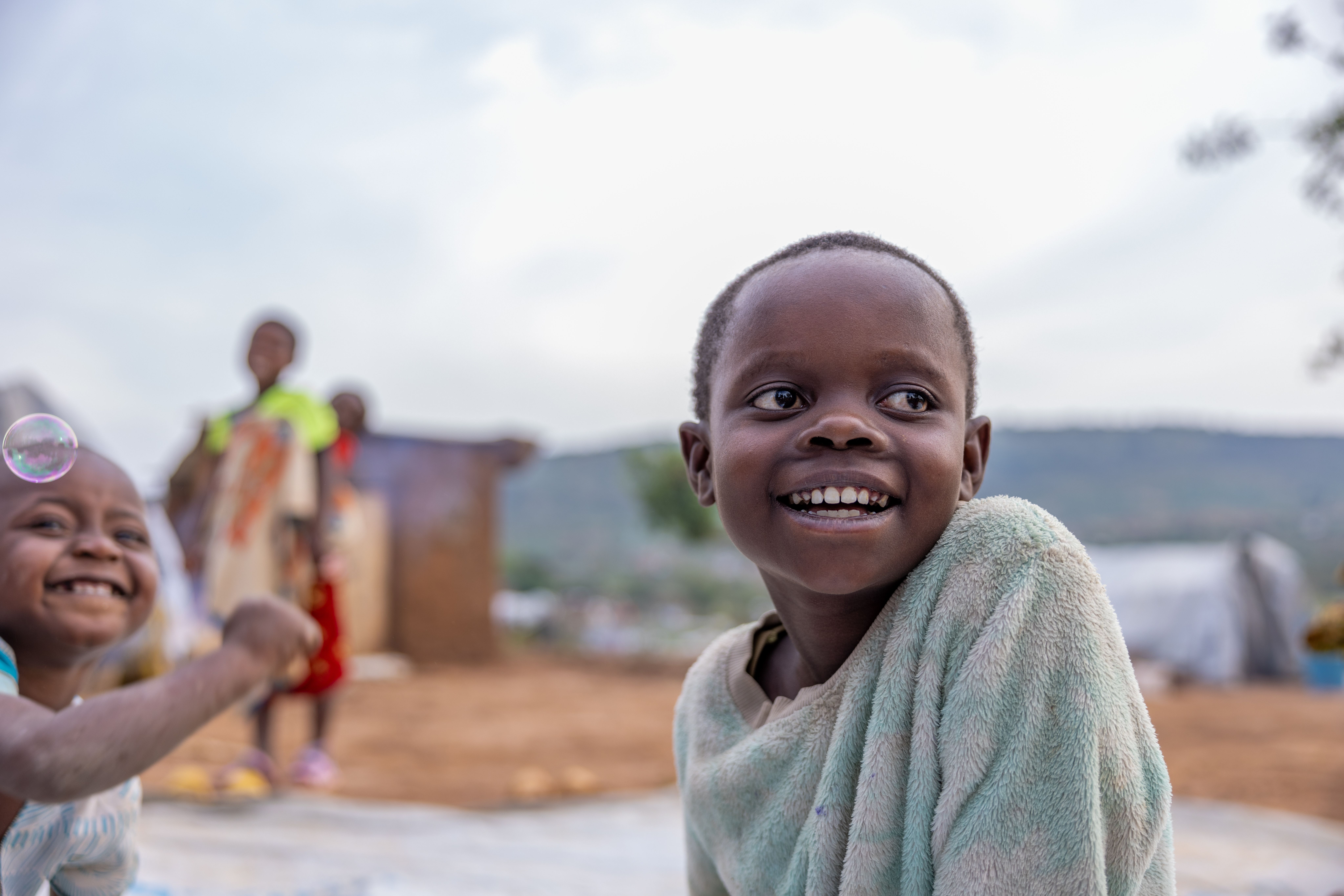
Silvine is 10 years old. She and her family were forced to flee their home in the Democratic Republic of Congo when bombs began to destroy their home. Their journey to safety in Uganda was long and dangerous, which meant along the way, members of their family were killed by rebel forces. For days, they slept outside in the forest, exposed to the deadly bite of malaria-carrying mosquitoes.
“We came with nothing. Not even a mosquito net,” Silvine says. “A bomb dropped and destroyed our house, so my parents and I had to run. We were rained on while asleep. While in the forest, we were bitten by insects and mosquitoes.”
Uganda now hosts 1.8 million refugees. Among new arrivals, 30% test positive for malaria. As conflict across the region continues to escalate, more families like Silvi’s are being displaced, yet the resources needed to protect and treat them have not kept pace.
Despite this growing pressure, every refugee arriving in Uganda is tested for malaria and receives treatment if needed. Silvine remembers falling ill when she reached Nakivale refugee settlement: “I was sick. My body started feeling different. I had a fever, I had a headache. I knew I was suffering from malaria.”
Refugee families urgently need more access to testing, treatment, and mosquito nets. Preventing the spread of malaria during humanitarian crises not only saves lives, it helps contain disease and keeps all of us safer.
Thanks to ongoing support from partners including the Global Fund to Fight AIDS, TB and Malaria, frontline health workers in the refugee camps in Uganda are equipped to respond quickly, even in the most challenging settings. Maintaining strong contributions to the Global Fund is essential to ensuring life-saving tools reach the most vulnerable, especially during war and humanitarian crises, when the risk of malaria is even higher.


